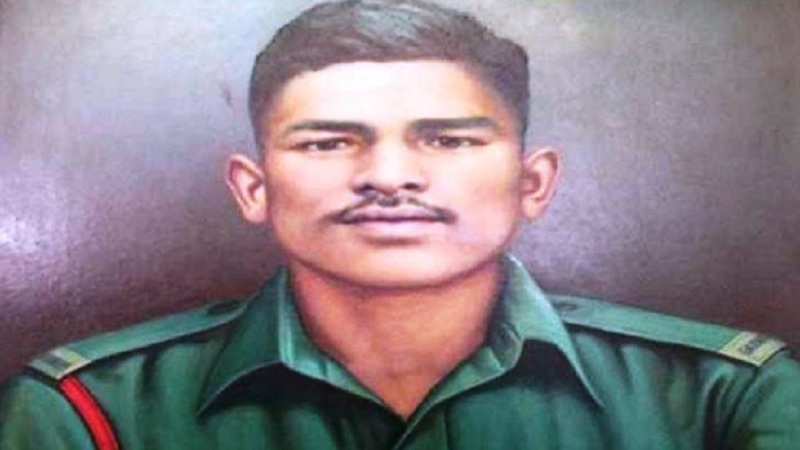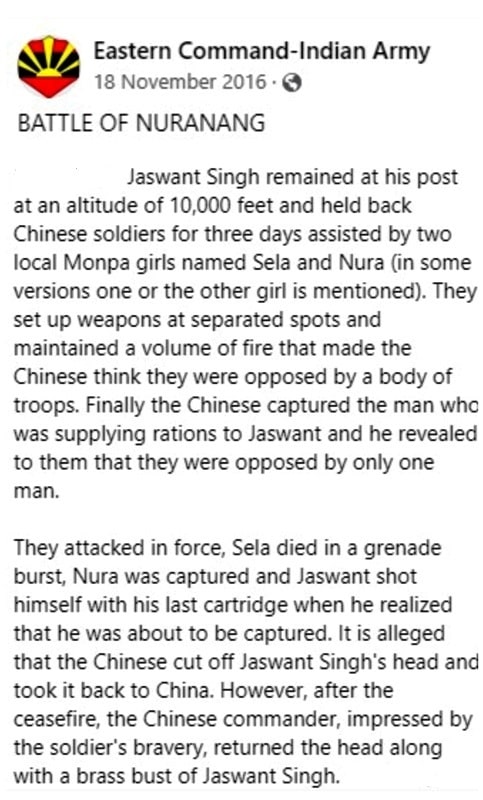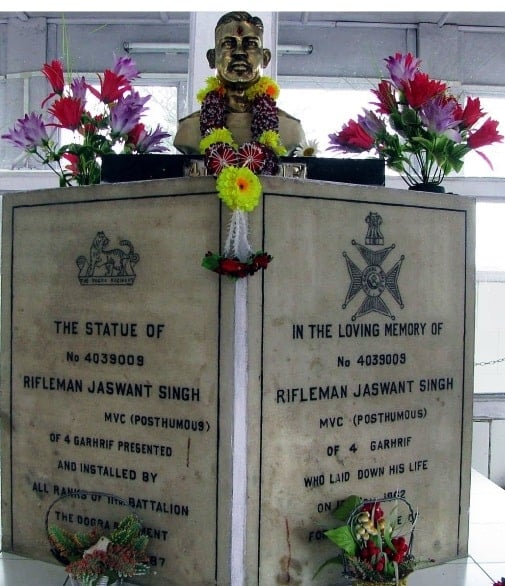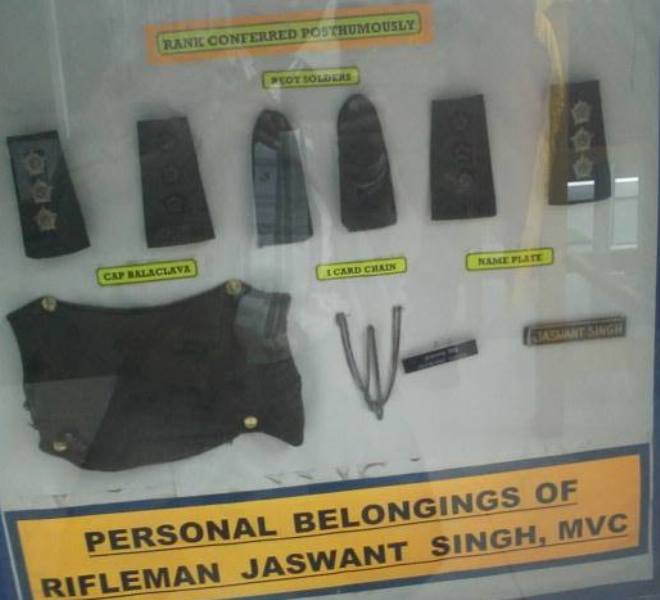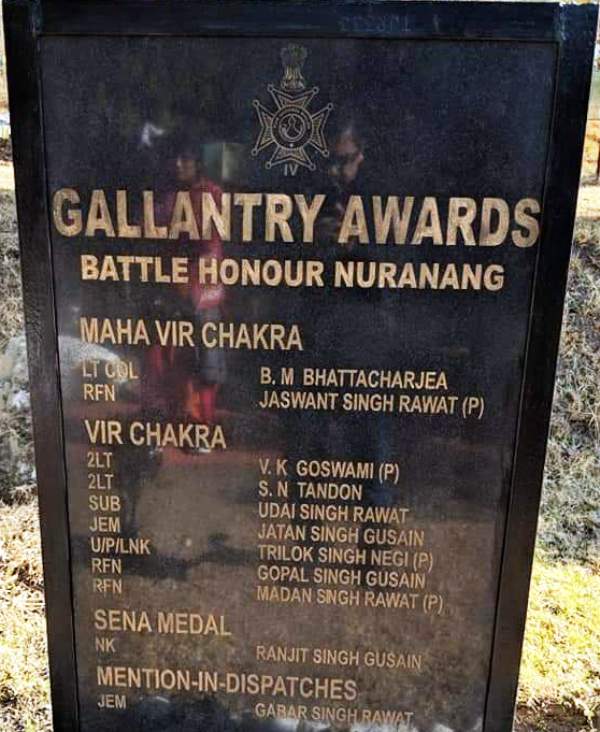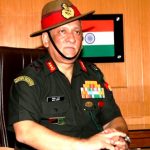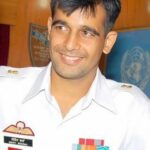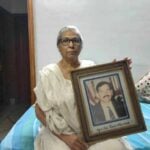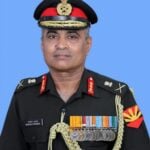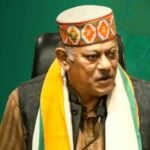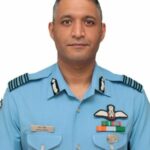Jaswant Singh Rawat Wiki, Age, Death, Family, Wife, Biography & More
Quick Info→
Age: 21 Years
Marital Status: Unmarried
Death Date: 17/11/1962
| Bio/Wiki | |
|---|---|
| Names earned | The ghost who keeps vigil at China border [1]Colours of Glory The man who saved Arunachal Pradesh [2]Indiatimes |
| Profession | Army Personnel |
| Famous for | The Battle of Nuranang (Arunachal Pradesh) |
| Military Service | |
| Service/Branch | Indian Army |
| Service Years | 16 August 1960 - 17 November 1962 (till his death) |
| Unit | 4th Battalion of the Garhwal Rifles |
| Service Number | 4039009 |
| Career Ranks | Rifleman (16 August 1960 - 17 November 1962) |
| Career | |
| Awards, Honours, Achievements | • Mahavir Chakra (Posthumous) • The place where Jaswant Singh Rawat was martyred has been turned into a shrine known as Jaswant Garh 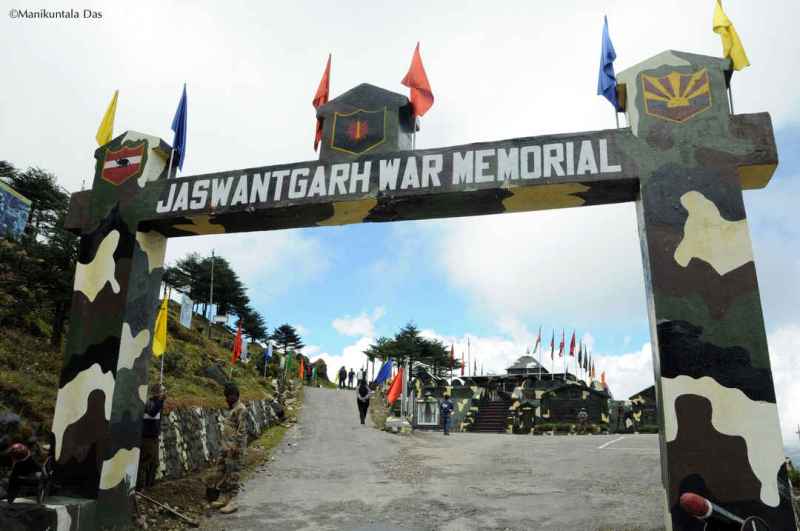 |
| Personal Life | |
| Date of Birth | 19 August 1921 (Tuesday) |
| Age (at the time of death) | 21 Years |
| Birthplace | Baryun village, British Garhwal District, United Provinces, British India (now in Pauri Garhwal District, Uttarakhand, India) |
| Zodiac sign | Leo |
| Nationality | Indian |
| Hometown | Baryun village, Pauri Garhwal, Uttarakhand, India |
| Caste | Kshatriya (Rajput) [3]Rajputana Soch Aur Kshatriya Itihas |
| Relationships & More | |
| Marital Status | Unmarried |
| Affairs/Girlfriends | It is believed that Jaswant was having an affair with a local girl named Sela, who along with her sister Noora used to work as porters for the troops at Nuranang. Some sources also claim him to be in a relationship with both Sela and Noora. [4]Arunachal Diaries |
| Marriage Date | |
| Family | |
| Parents | Father- Ranvir Singh Rawat Mother- Lila Devi Rawat 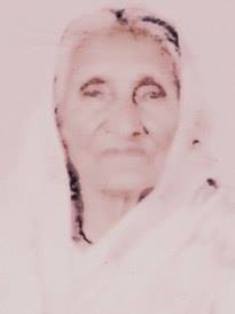 |
| Siblings | Brother(s)- 2 Vijay Singh Rawat (a retired Survey of India official) 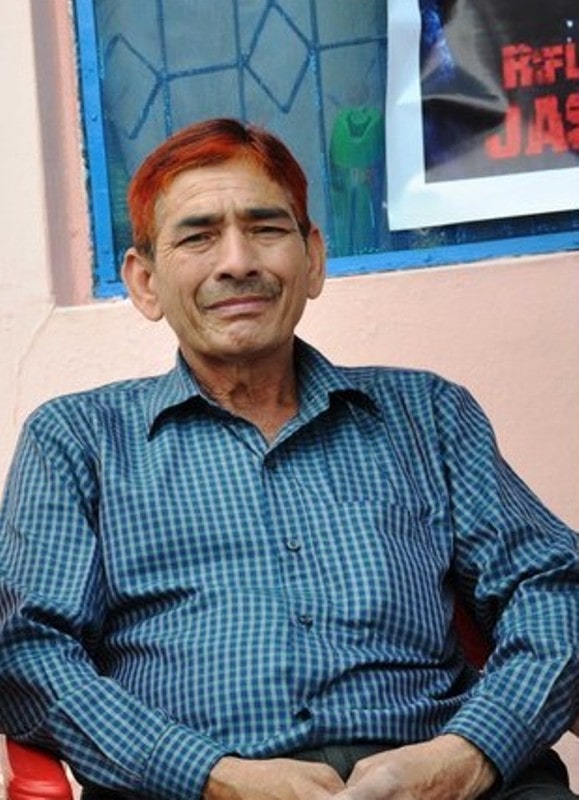 Ranvir Singh Rawat |
Some Lesser Known Facts About Jaswant Singh Rawat
- Rifleman Jaswant Singh Rawat was enrolled in the Indian Army on 16 August 1960 at the young age of 19. He was awarded the nation’s second-highest gallantry award, the Mahavir Chakra for the brave actions that he undertook during the Battle of Nuranang at North-East Frontier Agency (NEFA), presently Arunachal Pradesh, during the 1962 Sino-Indian war.
- After completing his schooling till class 9th, Jaswant was enrolled in the Garhwal Rifles Regimental Center at Lansdowne, Uttarakhand.
- Only a few members from the family of Jaswant Singh had joined military services; but he had a rich ancestral heritage where his ancestors Veer Senani Bhupu Raut and Tilu Rautali served in the Garhwal Court as military officers.
- Jaswant’s maternal uncle, Pratap Singh Negi, who had him enrolled in the army, was also a retired Major, who had served in the Indian Army. [5]Uttarakhand Meri Janm Bhoomi
- As a child, Jaswant Singh was a very brilliant student, but he had to drop his studies due to financial problems in his family.
- Jaswant’s father worked with the Military Dairy Farm at Dehradun.
- Upon completion of his training, Jaswant Singh was deployed at Arunachal Pradesh, with his unit 4 Garhwal Rifles, for the defence of Sela Pass. The task of his battalion was to establish a bridgehead and secure the Nuranang ridge.
- There was a looming threat of a Chinese invasion of Arunachal Pradesh in an attempt to capture Sela Pass from Indian control.
- The 4th Battalion of the Garhwal Rifles was the only army unit stationed at Nuranang; as most of the army units had withdrawn according to the orders issued to them.
- Jaswant Singh was a part of the Delta Company of his battalion. On 17 November 1962, at around 5 am, the Chinese forces began their first wave of assault.
- The Chinese troops backed by heavy machine-gun and artillery fire tried to make advances into the Indian territory, but were thwarted back by the troops of Delta Company.
- Delta Company had a Light Machine Gun (LMG) allotted to them by their battalion, but it could not provide effective firing as it was suppressed by a massive volley of enemy machine-gun fire.
- Jaswant Singh along with his two buddies, named, Lance Naik Trilok Singh Negi and Rifleman Gopal Singh Gusain, took up the task of silencing the enemy’s machine gun.
- While doing so, all 3 volunteers received heavy injuries but somehow managed to drag the machine-gun back to the post, thus changing the tide of the war.
- Running severely low on ammunition and manpower, the Delta Company was asked to withdraw to a safer location, judging the danger his men were in, the Company Commander, 2nd Lieutenant (later Colonel) Surinder Nath Tandon, decided to retreat to safer lines. Although, Jaswant refused to retreat and decided to take a last-man stand against the advancing Chinese forces. [6]The Arunachal Times
- Here, Jaswant Singh was aided by the two girls Sela and Noora, who helped Jaswant in establishing several picquets all across Nuranang, so as to fire at the enemy.
- Jaswant Singh ran from one post to the other while firing at the enemy; to give the invading Chinese an impression that they were not facing just a few people, but were facing an entire battalion.
- Jaswant, Noora and Sela held onto their positions facing the adversary for three days and three nights. But eventually, the Chinese forces came to know that it was just a few individuals who were thwarting back their attempts to capture Sela Pass.
- The plans were spilt; when the Chinese captured a local porter, who was supplying Jaswant Singh with rations at Nuranang, told them everything.
- The Chinese regrouped and launched a furious counterattack. As a result of which, Sela was killed due to a grenade blast and her sister Noora was captured by the Chinese forces, and Jaswant Singh was surrounded from all sides by the enemy.
- There are two claims regarding Jaswant Singh Rawat’s death. The first claim states that Jaswant shot himself after he was surrounded by the enemy, as he did not wanted himself to be captured alive by the enemy. The second claim says that Jaswant was captured after he was severely wounded in the battle, and was later on executed by the Chinese by hanging him. [7]India News Weekly
- Despite different claims regarding the death of the brave soldier, one thing is clear, that the Chinese commanders were so impressed by Jaswant Singh’s bravery, they took his head back with them, only to return it later on, along with a brass bust of Jaswant Singh Rawat to the Indian commanders after the war was over. [8]India News Weekly
- Even after 60 years of the war, Rifleman Jaswant Singh is still considered to be serving and on duty. The Army has detailed a few soldiers to his shrine who make sure that his food is served on time, his bed is made in the morning and his boots are polished as well.
- Soldiers stationed there claim to have seen the boots, which are cleaned every morning, get muddy by the evening, along with the crumpled bedsheets and scattered clothes in his bedroom. [9]Honourpoint
- Since he is considered to be serving in the army, he has been given rank promotions as well. As of 2021, he has been promoted to the rank of an Honorary Captain and he is also entitled to apply for leaves in the army, which his family members do so on his behalf.
- He is also called as ‘Baba’ Jaswant Singh, a spiritual name given by the locals, and he receives tons of letters every year from all over the country.
- The exceptional bravado and resilience showcased by Rifleman Jaswant Singh Rawat during the Battle of Nuranang, earned his unit, the 4th Garhwal Rifles the battle honour of Nuranang.
References/Sources:


